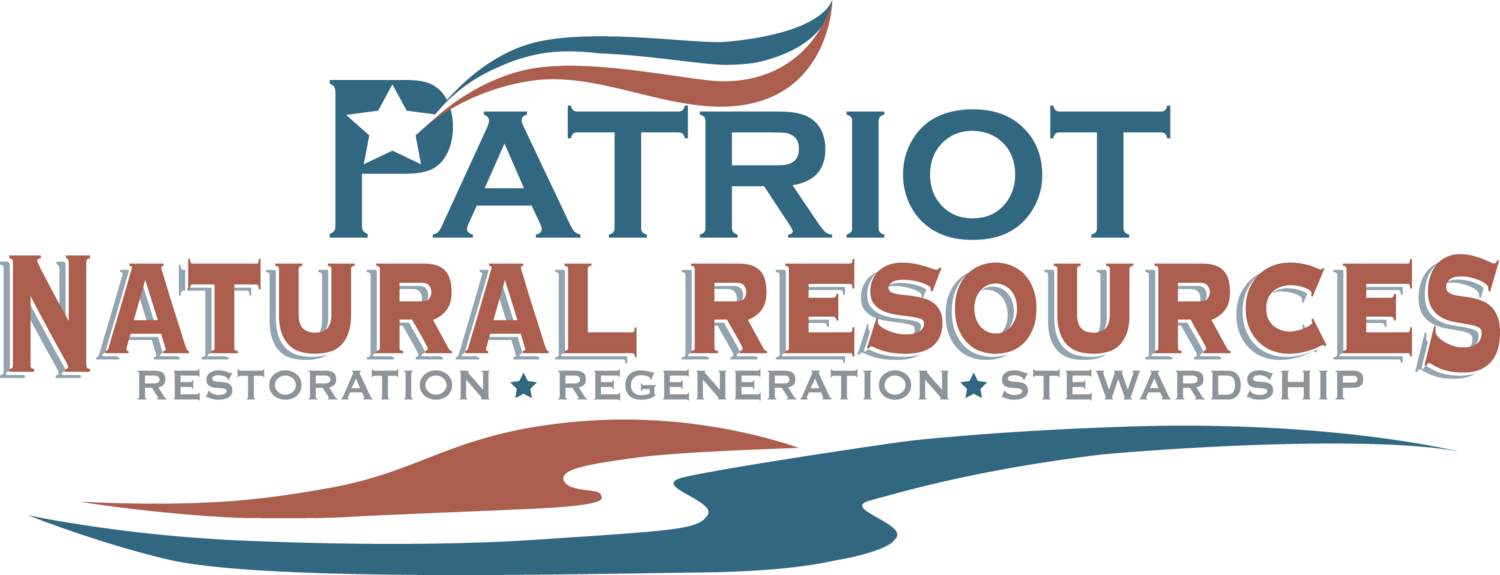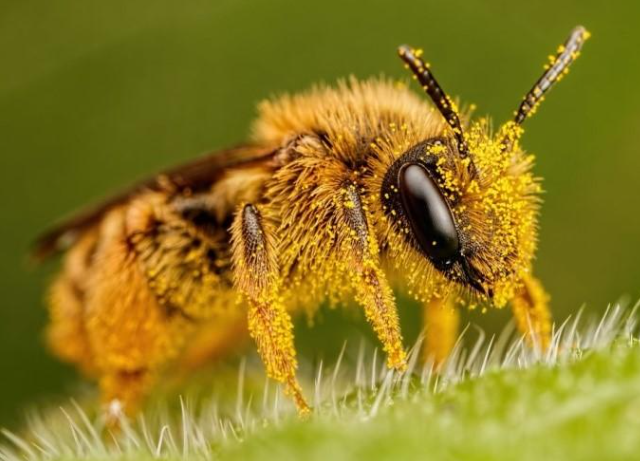Harnessing the Power of Beneficial Insects for Property Management
The Role of Beneficial Insects
When most people think of insects, they think of pests—but not all bugs are bad. Beneficial insects are a vital part of healthy ecosystems, providing natural pest control, improving soil health, and supporting biodiversity.
For property owners in Maryland and the Chesapeake Bay Watershed, these insects can be an invaluable asset. By understanding their role and encouraging their presence, you can create a more balanced and self-sustaining environment on your land.
What Are Beneficial Insects?
Beneficial insects are species that provide ecological services to plants, wildlife, and soil. They can be broadly categorized into three groups:
1. Pollinators: Bees, butterflies, and beetles that help plants reproduce by transferring pollen.
2. Predators: Lady beetles, praying mantises, and lacewings that feed on harmful pests like aphids and caterpillars.
3. Decomposers: Beetles and ants that break down organic matter, enriching soil and recycling nutrients.
Unlike pests, these insects work with you, not against you, to maintain the health of your property.
Key Beneficial Insects in Maryland
1. Lady Beetles (Ladybugs):
Known for their voracious appetite for aphids, lady beetles are a natural pest control powerhouse.
2. Green Lacewings:
These delicate insects consume a wide range of soft-bodied pests, including mites and thrips, making them invaluable for gardens and crops.
3. Bees (Native and Honeybees):
Essential pollinators that help fruits, vegetables, and wildflowers thrive.
4. Praying Mantises:
A top-tier predator, the praying mantis preys on a variety of garden pests, from beetles to grasshoppers.
5. Ground Beetles:
These nocturnal hunters feed on soil-dwelling pests like slugs and cutworms, while also aerating the soil.
6. Parasitic Wasps:
Tiny but mighty, these wasps lay their eggs inside pests like caterpillars, helping to control their populations naturally.
The Benefits of Encouraging Beneficial Insects
1. Natural Pest Control:
By preying on harmful pests, beneficial insects reduce the need for chemical pesticides, saving money and protecting the environment.
2. Improved Plant Health:
Pollinators like bees and butterflies ensure healthy fruit and seed production, increasing crop yields and enhancing habitat quality.
3. Healthier Soil:
Decomposers break down organic matter, enriching the soil with nutrients and improving its structure.
4. Increased Biodiversity:
A diverse insect population supports a variety of wildlife, from birds to small mammals, creating a thriving ecosystem.
5. Environmental Stewardship:
Encouraging beneficial insects aligns with sustainable land management practices and contributes to the health of the Chesapeake Bay Watershed.
How to Attract Beneficial Insects to Your Property
1. Plant Native Vegetation:
Native plants provide food, shelter, and breeding grounds for beneficial insects. Consider planting milkweed, goldenrod, and black-eyed Susan to attract pollinators and predators.
2. Create Diverse Habitats:
Incorporate features like wildflower meadows, hedgerows, and wooded areas to support a variety of insect species.
3. Provide Year-Round Resources:
Ensure your property has flowering plants throughout the growing season, as well as shelter like logs, rocks, and brush piles for overwintering insects.
4. Minimize Pesticide Use:
Use integrated pest management (IPM) techniques to reduce reliance on chemicals that can harm beneficial insects.
5. Install Insect Hotels:
Provide nesting sites for pollinators and predators with insect hotels or bundles of hollow stems.
6. Maintain Healthy Soil:
Practices like composting and reduced tillage support decomposers and the insects they depend on.
How Patriot Natural Resources Can Help
At Patriot Natural Resources, we specialize in creating environments that encourage beneficial insects while addressing the challenges of property management. Our services include:
• Assessing your property to identify opportunities for habitat improvement.
• Designing and planting native vegetation to attract pollinators and predators.
• Developing integrated pest management strategies that balance insect populations naturally.
• Providing long-term plans to maintain habitats and maximize biodiversity.
With our expertise, you can enjoy the benefits of beneficial insects while protecting the health and value of your property.
A Sustainable Solution for Your Land
Encouraging beneficial insects isn’t just good for your property—it’s good for the planet. By supporting these natural helpers, you can reduce your reliance on chemicals, improve land health, and contribute to the ecological balance of your region.
Contact Patriot Natural Resources today to learn how we can help you harness the power of beneficial insects for your property.

